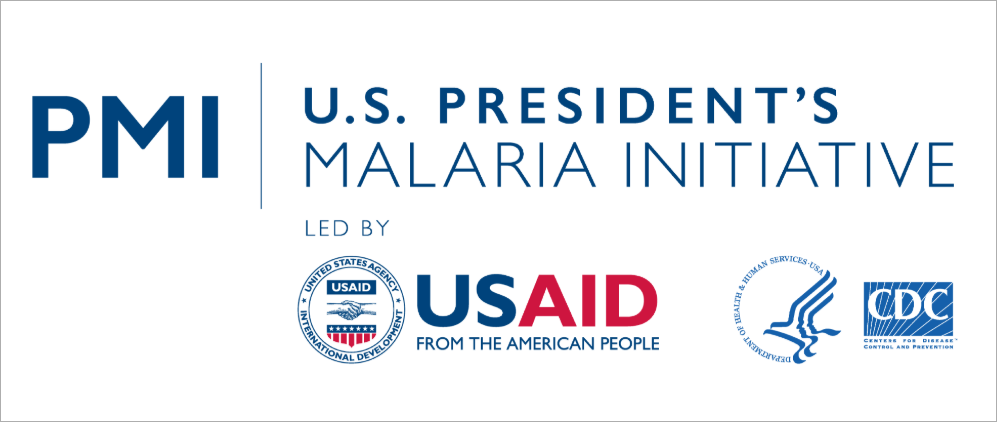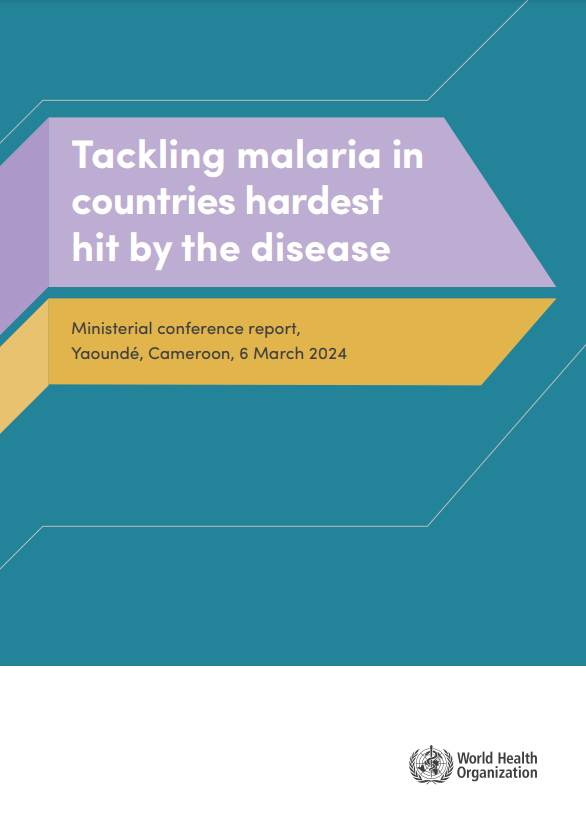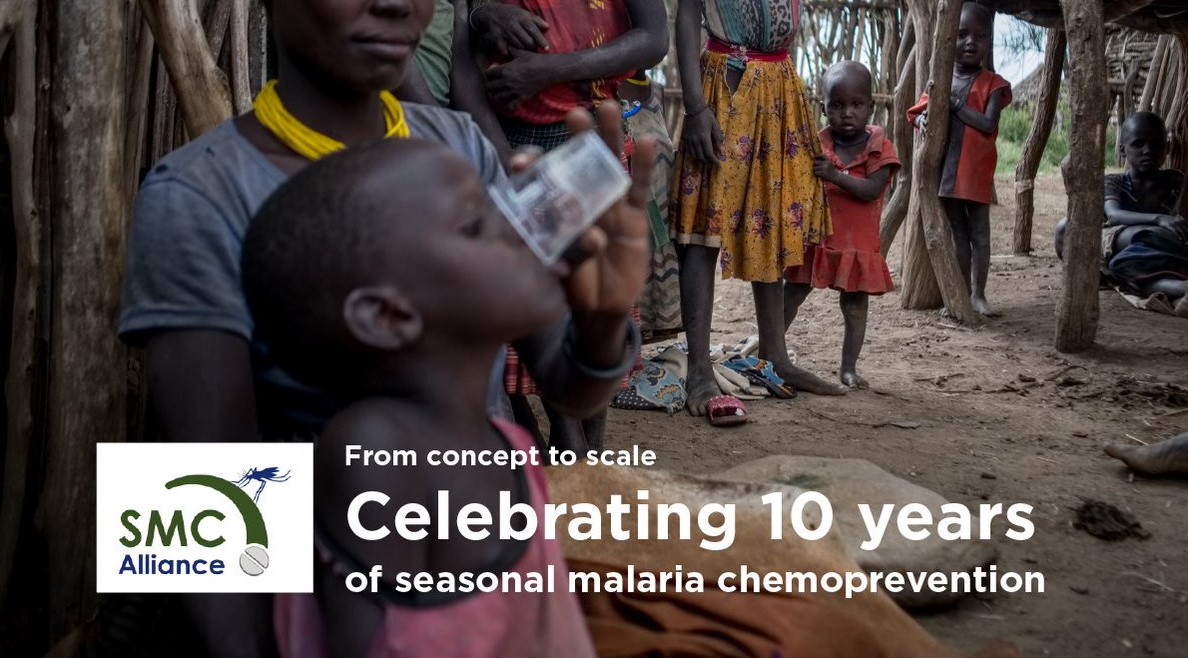Last Updated: 17/12/2024
Reducing the malaria burden in Nigeria
Objectives
This project aims to support Nigeria’s public health system and reduce malaria to pre-elimination levels by 2020 by promoting prevention and strengthening diagnosis, treatment and reporting in high-risk regions and among the most vulnerable groups.
Specific objectives:
- implement iCCM of malaria, diarrhoea and pneumonia among children under five in Kebbi and Niger states
- deliver public information on the prevention and treatment of malaria and ensure that at least 80 percent of the targeted population in Gombe, Jigawa, Kaduna, Kano, Niger and Yobe adopts appropriate preventive behaviours by 2020
- strengthen case management of uncomplicated malaria and malaria in pregnancy, ensuring that all patients with symptoms are tested using rapid diagnostic tests or microscopy and that those who test positive are treated with antimalarial medicines
- maintain a regular supply of antimalarial medicines and preventive commodities — mainly LLINs — across the target states by 2018
- ensure routine reporting of malaria cases at 80 percent of all health facilities to improve surveillance.
Malaria Consortium will support Nigeria’s National Malaria Elimination Programme to deliver a set of interventions that are designed to build capacity around reporting and case management within the public health system. The project will be implemented in 13 highly populous and malaria endemic states, with Malaria Consortium delivering interventions at the health facility level in Gombe, Jigawa, Kaduna, Kano, Niger and Yobe. We will also implement the integrated community case management (iCCM) component of the grant in Kebbi and Niger states, distribute long lasting insecticidal nets (LLINs) in Yobe and deliver seasonal malaria chemoprevention in Katsina and Yobe states.
Diagnostics
Drug-based Strategies
Health Systems
Leadership & Governance
Social Science
Surveillance
Vector Control
Vulnerable Populations
Jan 2018 — Dec 2020
$8.5M


